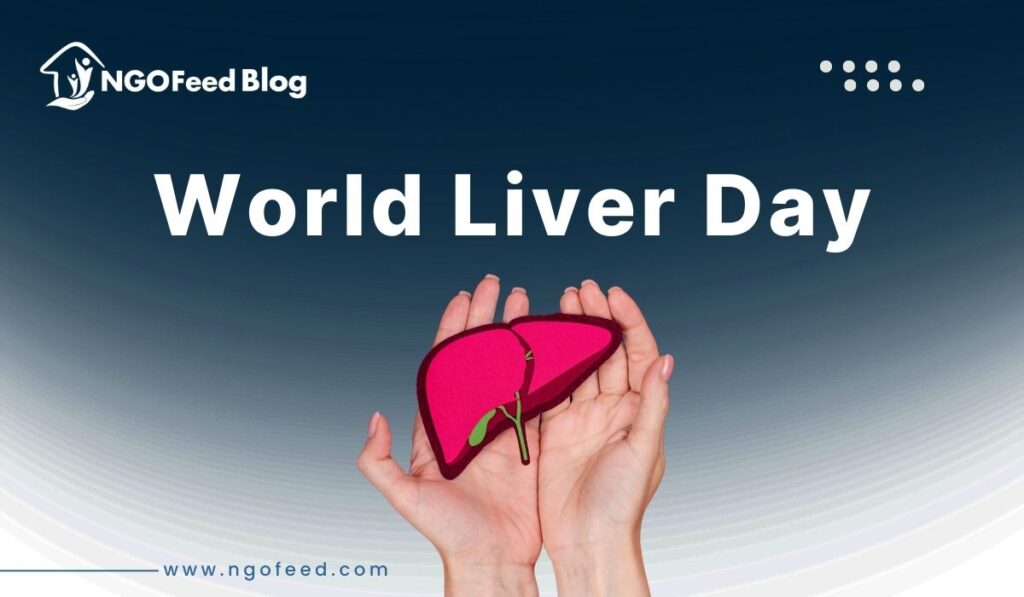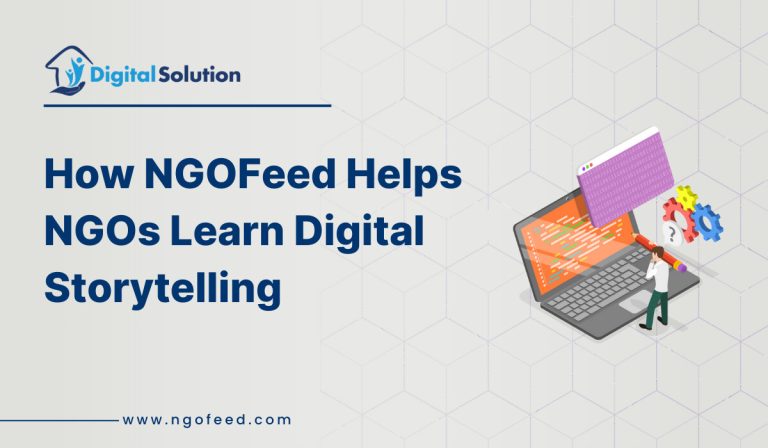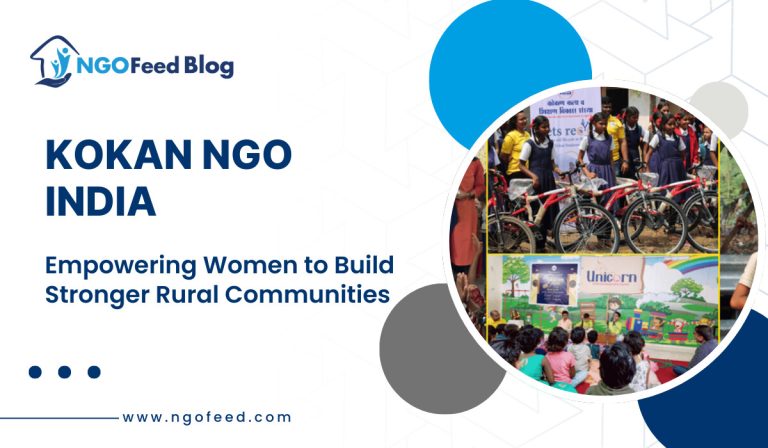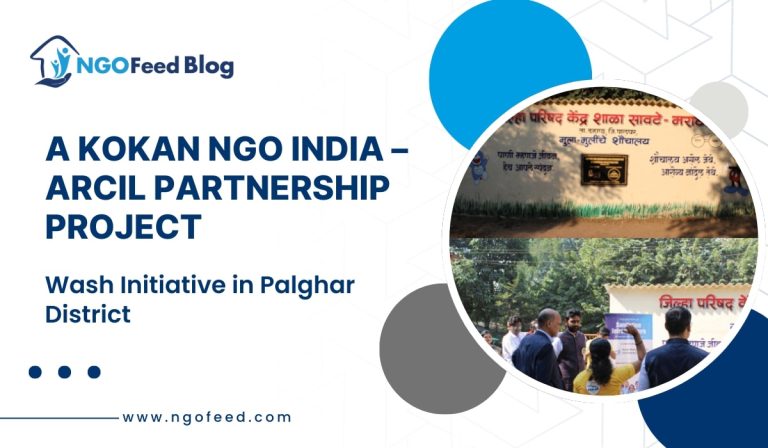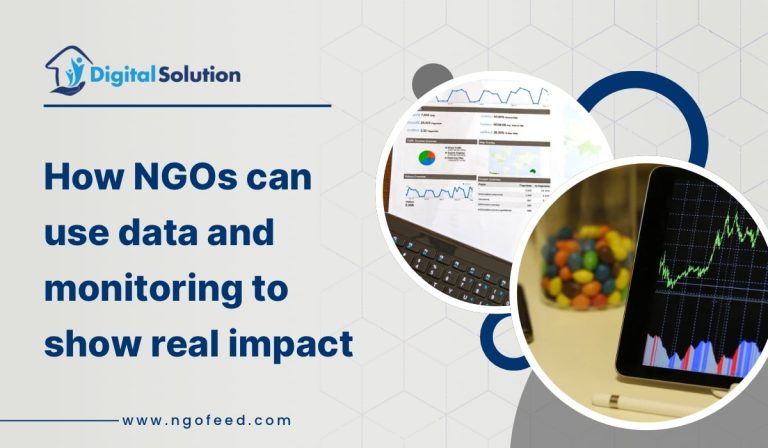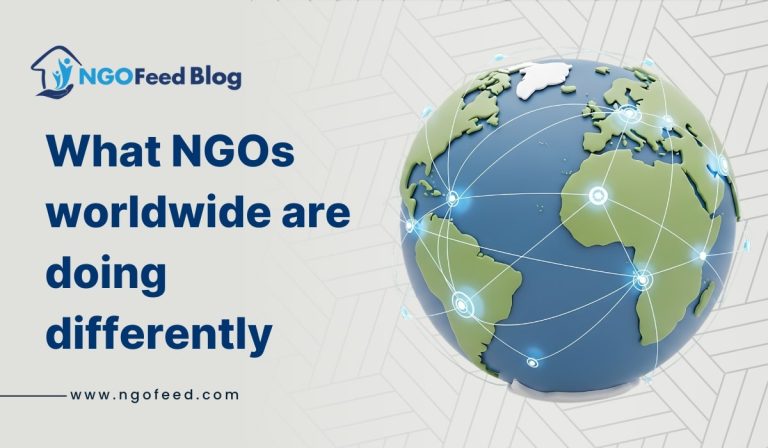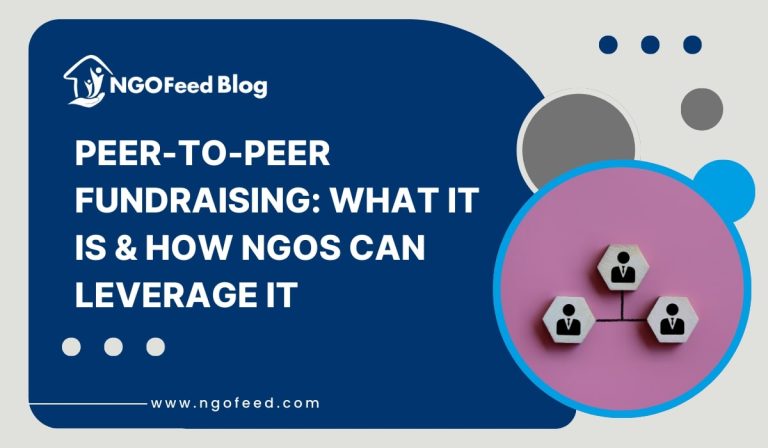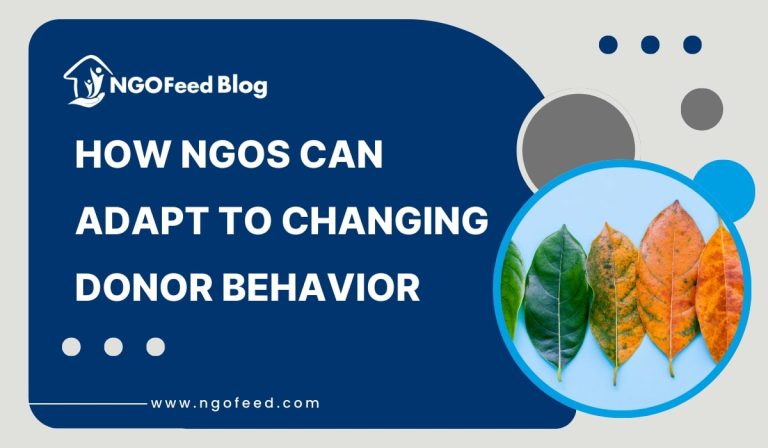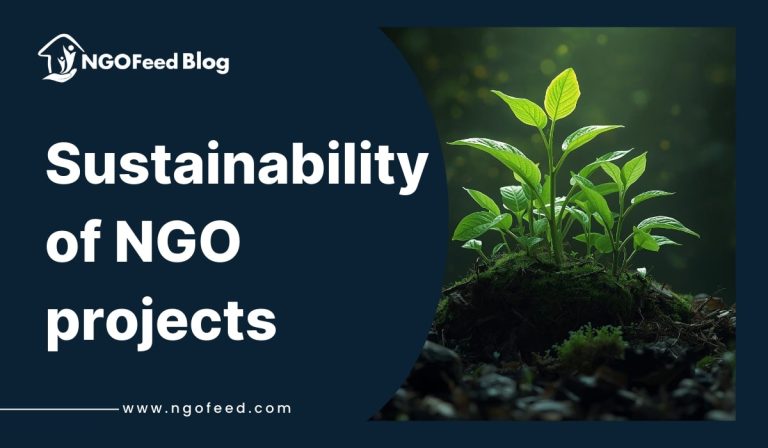Every year on April 19th, World Liver Day is celebrated worldwide to promote awareness regarding the significance of liver health and the various liver diseases that impact millions around the globe. This day functions as an essential platform to inform the public about the critical roles of the liver, the risk factors associated with liver disease, and the necessity of early detection, prevention, and treatment.
The liver, the second-largest organ in the human body, is vital for performing over 500 important functions. These encompass metabolism, detoxification, digestion, immunity, and storing crucial nutrients such as vitamins, minerals, and glucose. In spite of its impressive regenerative capacity, the liver is vulnerable to different diseases stemming from infections (such as hepatitis), excessive alcohol intake, diets that lead to fatty liver disease, autoimmune disorders, genetic issues, and exposure to harmful substances.
Table of Contents
World Liver Day 2025 Theme
The focus for World Liver Day 2025 is “Food is Medicine”. This theme underscores the significant influence of nutrition on preserving liver health and preventing liver diseases. It showcases how a well-rounded diet can assist in optimal liver function and lessen the likelihood of developing conditions like non-alcoholic fatty liver disease (NAFLD) and its more serious variant, metabolic dysfunction-associated steatohepatitis (MASLD).
Why is World Liver Day Important?
Liver diseases represent a major global health issue. Alarmingly, millions of individuals succumb each year due to liver-related conditions, including cirrhosis, viral hepatitis, and liver cancer. A lack of understanding about the seriousness of liver disease, its risk factors, and preventive strategies significantly contributes to these fatalities.
Also Read: Role of NGOs in Healthcare
World Liver Day seeks to address this knowledge deficit by
Raising awareness: Informing the public about the prevalence and effects of liver diseases.
Promoting early detection: Urging individuals to identify early indicators and symptoms of liver issues, which can frequently go unnoticed in the early stages. Symptoms may include fatigue, jaundice (yellowing of the skin and eyes), abdominal discomfort, swelling, nausea, reduced appetite, dark urine, and pale stools.
Emphasizing prevention: Stressing lifestyle changes and precautionary measures that can greatly lower the risk of liver disease.
Advocating for better liver health policies: Motivating governments and health organizations to prioritize liver health through public health initiatives, screening programs, and access to quality healthcare.
Protecting Your Liver: Key Steps
Embracing a liver-friendly lifestyle is vital for sustaining a healthy liver. Here are some crucial recommendations:
Also Read: Role of NGOs in HIV and AIDS Awareness and Prevention
Eat a balanced diet: Concentrate on a diet abundant in fruits, vegetables, whole grains, lean proteins, and healthy fats. Limit the consumption of processed foods, sugary beverages, and unhealthy fats. The Mediterranean diet, rich in olive oil, vegetables, fruits, nuts, legumes, whole grains, and seafood, is often suggested for liver health.
Maintain a healthy weight: Obesity is a significant risk factor for NAFLD. Regular exercise and a balanced diet can assist in maintaining a healthy weight and diminish the risk of fatty liver. Even modest weight loss (5-10% of body weight) can greatly enhance liver health.
Drink alcohol in moderation or avoid it completely: Excessive alcohol intake is a primary contributor to alcoholic liver disease. Limiting or refraining from alcohol can greatly lower the risk of liver harm. For healthy adults, moderation typically signifies up to one drink per day for women and up to two drinks per day for men. People with pre-existing liver issues should preferably eliminate alcohol altogether.
Get vaccinated against hepatitis A and B: Vaccines are accessible and very effective in preventing hepatitis A and B, which can cause serious liver damage.
Practice safe hygiene: Wash hands thoroughly, particularly before eating and after using the restroom. Avoid sharing personal items such as razors and toothbrushes. Practice safe sex to prevent the spread of hepatitis B and C.
Be cautious with medications and supplements: Certain medications, including over-the-counter drugs and herbal supplements, can be detrimental to the liver. Always seek advice from a doctor before using any new medications or supplements.
Avoid exposure to toxins: Limit contact with harmful substances and toxins found in certain cleaning products, insecticides, and industrial materials. If exposure is unavoidable, ensure adequate ventilation and use protective gear.
Also Read: Role of NGOs in Gender Equality
Get regular check-ups and consider liver function tests: Individuals with liver disease risk factors, such as obesity, diabetes, excessive alcohol use, or a family history of liver disease, should think about regular health assessments, which may involve liver function tests (LFTs). LFTs are blood analyses that assess the levels of specific enzymes and proteins in the blood, offering insights into the liver’s health and functionality. Common LFTs include Alanine Transaminase (ALT), Aspartate Transaminase (AST), Alkaline Phosphatase (ALP), Bilirubin, and Albumin.
1. The Liver’s Multifaceted Roles:
In addition to the primary functions mentioned, the liver is also vital for:
- Producing essential proteins: This includes blood clotting factors, albumin (which helps to maintain fluid balance), and proteins that transport fats and hormones.
- Storing energy: In the form of glycogen, which can be broken down and released as glucose when energy is required by the body.
- Breaking down and eliminating bilirubin: A byproduct of the breakdown of red blood cells. When the liver is not functioning properly, bilirubin can accumulate, resulting in jaundice.
- Synthesizing bile: A fluid that assists in the digestion and absorption of fats and fat-soluble vitamins.
- Playing a key role in the immune system: Filtering bacteria and producing immune factors.
- The sheer complexity and number of these functions underscore why liver health is so essential for overall well-being.
2. The Global Burden of Liver Disease:
- Liver disease represents a significant public health challenge on a global scale. Consider these points:
- Mortality: Liver disease accounts for approximately two million deaths each year, representing around 4% of all deaths worldwide. It is a leading cause of death across the globe.
- Prevalence: Millions more suffer from chronic liver conditions, often remaining undiagnosed for long periods.
- Economic Impact: Liver disease incurs substantial healthcare costs, diminishes productivity, and places a considerable burden on individuals and healthcare systems.
- Regional Variations: The causes and prevalence of liver disease differ geographically. For example, viral hepatitis is more common in certain areas, while NAFLD/MASLD is rapidly increasing in others due to rising rates of obesity and diabetes. Sub-Saharan Africa is experiencing a growing crisis with the rise of non-communicable diseases like MASLD alongside ongoing challenges from communicable diseases.
Also Read: Role of NGOs in Child Welfare
3. Expanding on World Liver Day’s Importance:
The significance of World Liver Day extends to:
- Reducing Stigma: Liver disease, particularly when associated with alcohol consumption or obesity, often carries a social stigma. Awareness campaigns aid in destigmatizing these conditions and promoting open discussions and the seeking of help.
- Empowering Individuals: By offering accurate information, World Liver Day empowers individuals to take proactive measures to safeguard their liver health.
- Driving Policy Change: The collective voice from awareness campaigns can impact public health policies, leading to increased funding for research, prevention initiatives, and improved treatment access.
4. The Growing Threat of NAFLD/MASLD:
Non-alcoholic fatty liver disease (NAFLD), increasingly referred to as metabolic dysfunction-associated steatotic liver disease (MASLD) to more accurately reflect its connection to metabolic issues, is an escalated global health concern:
- Prevalence: It is estimated to impact a significant segment of the adult population worldwide, with rates rising alarmingly. In the United States, the prevalence is approximately 38% and even higher (55-70%) among individuals with type 2 diabetes.
- Silent Progression: Often asymptomatic in its initial stages, NAFLD/MASLD can advance to more severe conditions such as non-alcoholic steatohepatitis (NASH/MASH), fibrosis, cirrhosis, and even liver cancer.
- Association with Metabolic Syndrome: NAFLD/MASLD is closely associated with obesity, type 2 diabetes, hypertension, and high cholesterol – a cluster of conditions termed metabolic syndrome.
- Cardiovascular Risk: Cardiovascular disease is the leading cause of death among individuals with NAFLD/MASLD, emphasizing its effects beyond the liver.
- Burden on Healthcare: The growing incidence of NAFLD/MASLD significantly burdens healthcare resources.
- The “Food is Medicine” theme for World Liver Day 2025 directly tackles this escalating epidemic by highlighting the essential role of diet in both preventing and managing NAFLD/MASLD.
Also Read: Role of WHO in Healthcare
5. The Power of Early Detection:
Identifying liver disease at an early stage is crucial for effective management:
- Slowing or Halting Progression: In numerous liver conditions, prompt intervention via lifestyle modifications, medication, or other therapies can slow or even stop the progression of the disease and avert irreversible harm.
- Improved Treatment Outcomes: Treatments tend to be more effective during the early phases of liver disease. For instance, timely detection of viral hepatitis facilitates the initiation of antiviral therapy, which can avert chronic infection and its associated complications.
- Preventing Complications: Prompt management can assist in avoiding severe complications like cirrhosis, liver failure, and liver cancer.
- Increased Survival Rates: For diseases such as liver cancer, early detection through screening markedly enhances the likelihood of effective treatment and prolonged survival.
- Reduced Healthcare Costs: By averting progression to advanced stages, early detection can yield considerable cost savings for both individuals and healthcare systems.
6. Public Health Initiatives for Liver Health:
Effective public health initiatives are essential in addressing the challenges posed by liver disease:
- Vaccination Programs: Universal vaccination against hepatitis B and the promotion of hepatitis A vaccination among at-risk groups are crucial.
- Screening Programs: Focused screening for high-risk populations (e. g. , individuals with chronic viral hepatitis, heavy alcohol consumers, those with metabolic syndrome) can facilitate early detection of liver disease.
- Awareness Campaigns: Public awareness campaigns aimed at informing about risk factors, symptoms, and preventive measures are vital. World Liver Day is notably significant in this regard.
- Policy Interventions: The implementation of policies such as measures to control alcohol consumption, regulations on unhealthy food marketing, and the promotion of access to healthy food options can produce a wide-ranging impact. The “Food is Medicine” theme supports such initiatives.
- Improving Access to Healthcare: Ensuring fair access to diagnostic services, specialist care, and treatment options for liver diseases is of utmost importance.
Also Read: Role of NGOs in Mental Health
7. Advancements in Liver Disease Treatment:
The domain of hepatology is consistently progressing, featuring notable advancements in treatment:
- Direct-Acting Antivirals (DAAs) for Hepatitis C: These have transformed HCV treatment, achieving high cure rates alongside fewer adverse effects.
- Newer Therapies for Hepatitis B: Although a complete cure remains out of reach, new antiviral medications and immunomodulatory therapies aim to achieve functional cures.
- Immunotherapy for Liver Cancer: Immune checkpoint inhibitors have demonstrated encouraging outcomes in treating advanced hepatocellular carcinoma (HCC).
- Targeted Therapies for Liver Cancer: Medications that focus on specific molecules involved in cancer progression are enhancing patient outcomes for some individuals.
- Advancements in Liver Transplantation: Enhanced surgical methods, better immunosuppression, and improved donor selection have elevated the success rates of liver transplantation. Research is also investigating means to broaden the donor pool.
- Emerging Therapies for NAFLD/MASLD: Numerous new drugs targeting different aspects of NAFLD/MASLD pathogenesis (e. g., inflammation, fibrosis, metabolic dysfunction) are undergoing clinical trials, providing hope for future treatment alternatives.
- Regenerative Medicine: Stem cell treatments and bioartificial livers are being explored for their potential to mend liver damage and support liver function in instances of liver failure.
8. The Role of Patient Support Groups:
Patient support groups are essential for individuals affected by liver disease and their families:
- Emotional Support: Engaging with others who comprehend the difficulties of living with a liver illness can help alleviate feelings of loneliness and provide crucial emotional backing.
- Information and Education: Support groups frequently disseminate practical advice, educational materials about disease management, treatment options, and coping mechanisms.
- Advocacy: They can serve as a united voice to champion for improved healthcare access, funding for research, and policies that favor liver disease patients.
- Shared Experiences: Listening to others who have had similar experiences can provide hope and direction.
- Practical Assistance: Certain support groups may offer practical help, such as transportation to medical appointments or guidance in navigating the healthcare system.
- Organizations like the American Liver Foundation and various disease-specific initiatives provide a variety of online and in-person support networks.
Also Read: Role of NGO in Food and Nutrition
9. Participating in World Liver Day:
There are numerous ways for individuals, organizations, and communities to engage in World Liver Day:
- Visit the Official Website: The World Liver Day site (likely worldliverday. org based on previous years) offers campaign materials, essential messages, and resources.
- Spread Awareness on social media: Utilize the official hashtags #WorldLiverDay and the 2025 theme hashtag #FoodIsMedicine to circulate information, personal experiences, and support for liver health initiatives. Obtain social media graphics and messages from the official website.
- Organize Local Events: Host health discussions, webinars, screenings, or workshops to inform the community about liver health.
- Share Liver-Friendly Recipes: Encourage healthy eating by sharing nutritious and tasty recipes, in line with the “Food is Medicine” theme. Think about engaging in social media challenges that focus on liver-friendly meals.
- Support Liver Health Organizations: Contribute to or volunteer for organizations committed to liver disease research, education, and patient assistance.
- Advocate for Policy Changes: Reach out to your local representatives to endorse policies that foster liver health.
- Get Screened and Encourage Others: If you are at risk for liver disease, get screened and motivate your loved ones to do the same.
- Make Healthy Lifestyle Choices: Use World Liver Day as a prompt to embrace and sustain liver-friendly habits.
- Engage Schools and Workplaces: Arrange awareness initiatives in educational institutions and workplaces.
Also Read: Top 10 NGOs in India
Conclusion
In conclusion, World Liver Day, celebrated each year on April 19th, acts as an essential global platform to highlight the crucial significance of liver health. The liver’s complex and life-sustaining functions require a united effort to increase awareness about the variety of liver diseases, their risk factors, and the essential role of early detection and prevention.
The theme for World Liver Day 2025, “Food is Medicine,” strongly emphasizes the substantial influence of nutrition on preserving a healthy liver and alleviating the rising burden of conditions such as NAFLD/MASLD. By stressing the importance of adopting balanced diets abundant in whole foods while minimizing unhealthy fats, sugars, and processed items, individuals can play an active role in enhancing their liver’s health.
The increasing global incidence of liver diseases, along with their considerable mortality and economic ramifications, highlights the necessity of this annual event. World Liver Day not only informs the public but also empowers individuals to take proactive measures towards liver health by making informed lifestyle choices, receiving vaccinations, drinking alcohol responsibly, and being aware of medication and toxin exposure.
Moreover, this day acts as a stimulus for advocating for stronger public health policies, additional research funding, and enhanced access to quality healthcare for those affected by liver diseases. It also presents a crucial opportunity to diminish the stigma surrounding liver disease and promote open discussions and support for patients and their families.
Ultimately, World Liver Day serves as a call to action for individuals, healthcare professionals, policymakers, and communities across the globe. By acknowledging the liver’s essential role and adopting liver-friendly habits, we can collectively strive towards a future where liver diseases are more comprehensively understood, effectively prevented, and successfully managed, resulting in healthier, longer lives for everyone. Let the message of “Food is Medicine” resonate, guiding us in nourishing our livers and protecting this vital organ for generations to follow.

